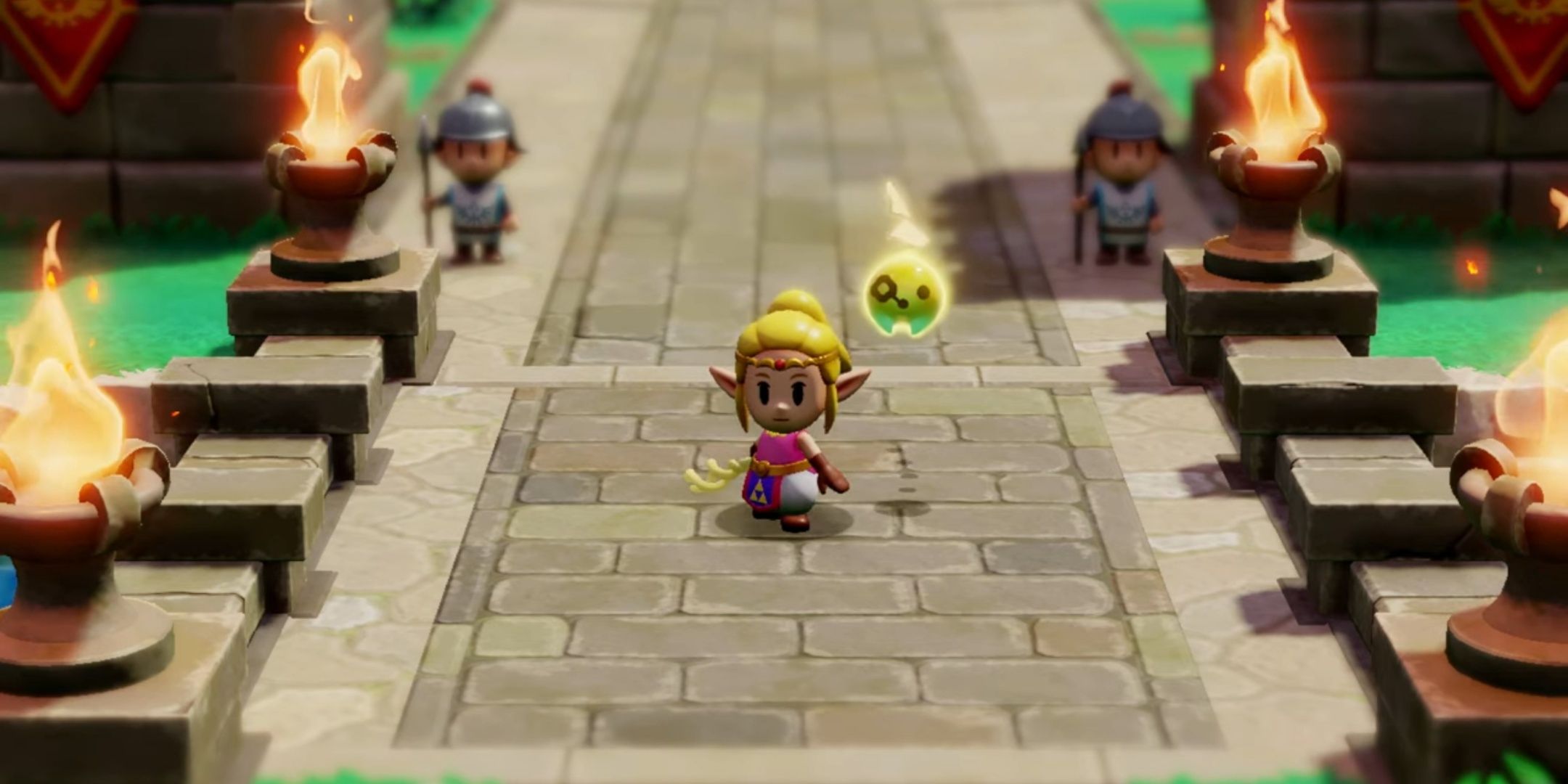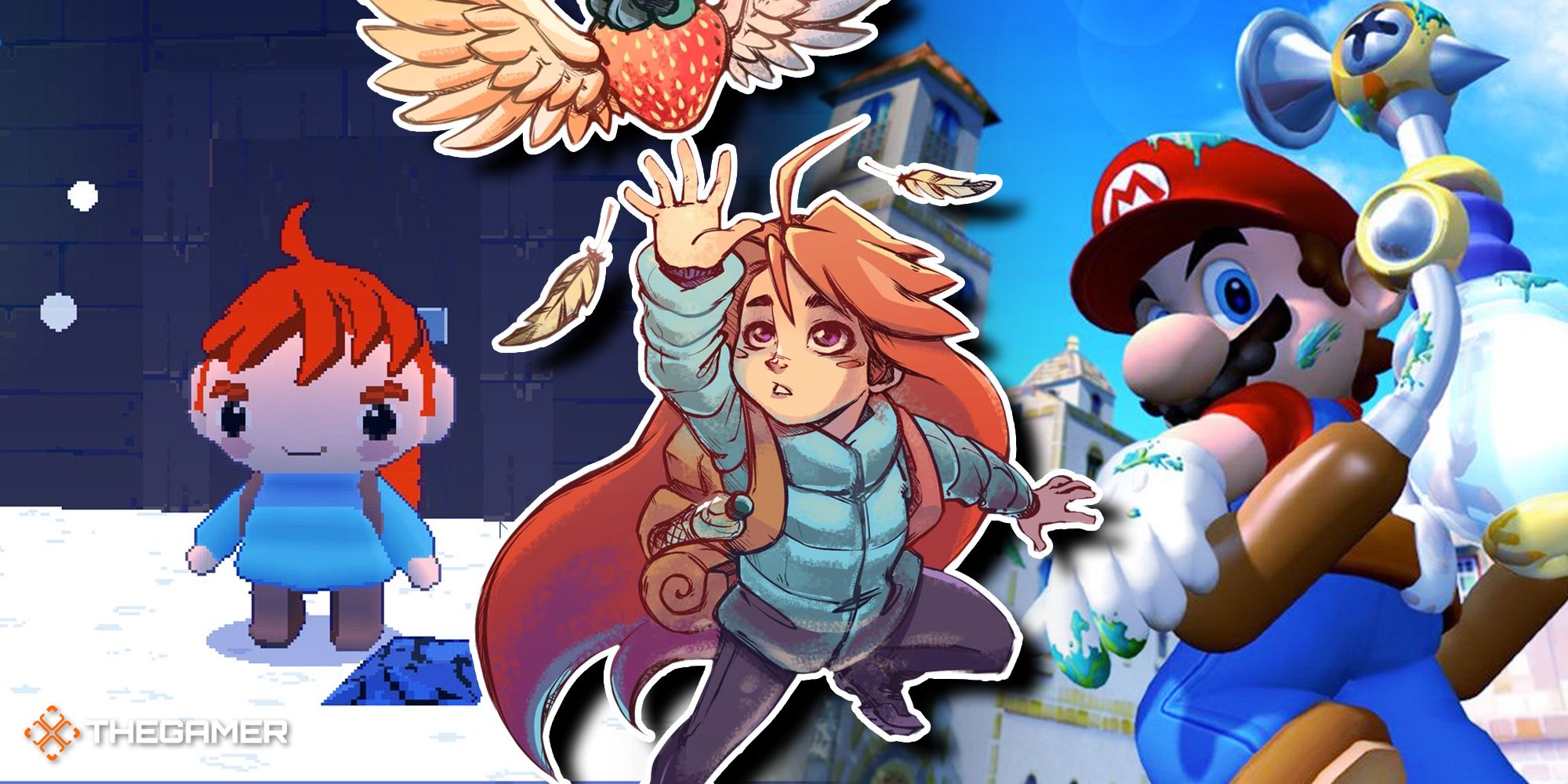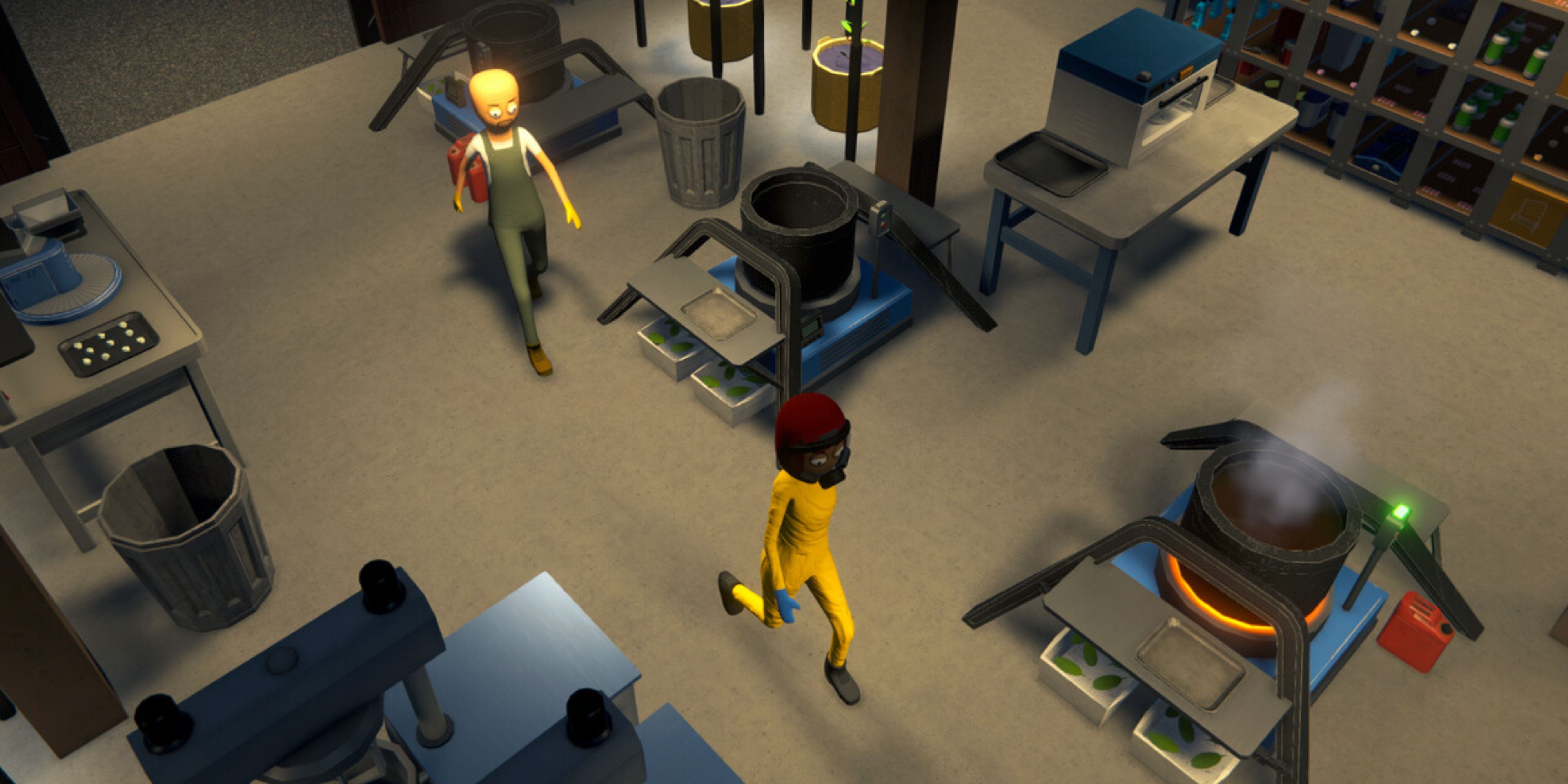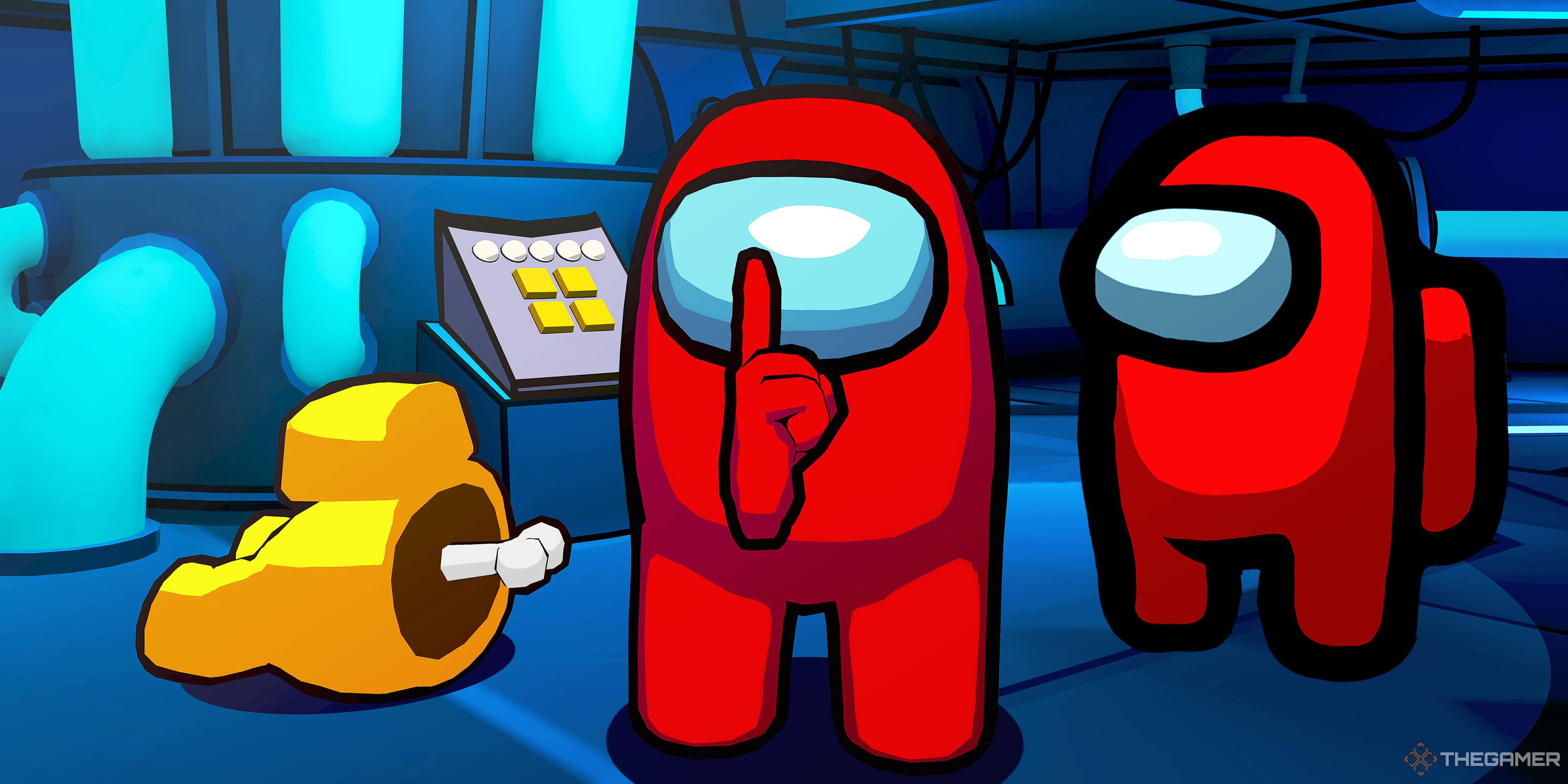Related
Last week,Innerslothannounced a sequel toAmong Us for the second time.
Five years later, the series is finallytaking the next step with Among Us 3D.
Instead of moving your Beans around a top-down space station, players will now explore in three-dimensions.

But often, 3D is enough.
Zelda gets a horse, fabulous new outfits, and so much more.
Some series make the transition so well that they’re only really remembered for their 3D entries.

For most, 1997 is when the series they know and love was born.
DittoGTA and GTA 2.Helldivers 2seems to have taken its previously top-down series in a similar direction.
It even gave us one half of the name Metroidvania that we use to describe 2D exploration-focused action games.

Nintendo is really good at this.
Almost all of its core franchises began life as 2D games.
For a publisher like Nintendo that makes home consoles and handhelds, that’s the dream.

Big new 3D entries to play on your TV, and smaller 2D games to play on the go.
Pokemonhas, historically, been the exception.
Until the Switch blurred the lines, its big mainline releases were always the portable ones.

What Makes A Sequel A Sequel?
There are plenty of ways to do that.
Super Smash Bros. Melee added new characters and stages.

Half-Life 2 radically expanded the physics and storytelling techniques of the original.
The Witcher 3 went open-world.
But the most fundamental change a sequel can make is adding another dimension.
The gameplay ofMetroid Prime, for example, isn’t all that different from Super Metroid.
You explore an interconnected world, finding new tools and weapons that allow you to access previously inaccessible areas.
Yet, experiencing the world in first-person radically alters how it feels.
Among Us 3D has the same potential.
The bite-sized low-poly pseudo-sequel combines Madeline’s quest for the peak with Mario’s rest on the beach.